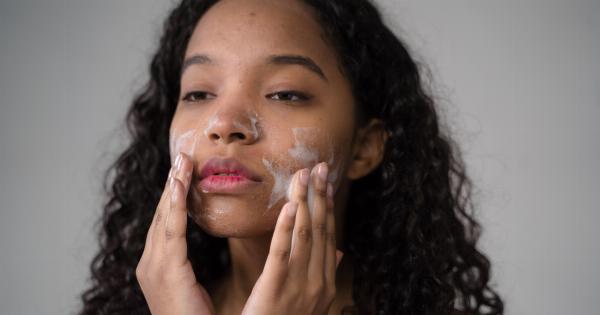Our bodies, incredible and intricate as they are, are designed to protect themselves. Sometimes, areas of our bodies are more sensitive or vulnerable than others, and touching certain areas can lead to discomfort, pain, or even injury.
While it may seem harmless or natural to touch certain parts of the body, it is important to be aware of the potential risks involved. In this article, we will explore eight places on the body that should be off-limits when it comes to touching.
1. Eyes
The eyes are delicate organs that require special care. Touching your eyes with unwashed hands or rubbing them forcefully can introduce bacteria and cause infections or irritations.
Additionally, poking or pressing on the eyes can result in corneal abrasions or damage to the sensitive tissues.
2. Eardrums
The eardrums, located deep within the ear canal, are incredibly sensitive and vital for hearing. Inserting objects like cotton swabs or any sharp instruments into the ear can cause damage to the eardrums.
It is also important to avoid inserting anything into the ear canal to prevent pushing earwax deeper or causing an impaction.
3. Open Wounds or Cuts
If you or someone else has an open wound or cut, it is crucial to avoid touching it with bare hands or any unclean objects.
Open wounds are susceptible to infections, and touching them can introduce harmful bacteria or irritants, which may delay the healing process or worsen the injury.
4. Inside the Nose
The inside of the nose is lined with delicate tissues that help filter and warm the air we breathe.
While it may be tempting to pick your nose or insert objects like cotton swabs, doing so can lead to nosebleeds, infections, or even damage to the sensitive nasal passages. Nasal sprays or prescribed nasal medications should be used under medical supervision only.
5. Genitals
The genital area is highly sensitive and has a delicate balance of bacteria and pH levels. Scratching or aggressively touching the genital area can lead to discomfort, irritation, infections, and even urinary tract problems in both males and females.
It is important to keep the area clean but avoid excessive touching or rubbing.
6. Burns
If you or someone else has suffered a burn, it is crucial to avoid touching the affected area. Burns damage the skin’s protective barrier, leaving it vulnerable to infections and further injury.
Additionally, touching a burn may increase the intensity of pain and prolong the healing process. Seek appropriate medical attention for burns.
7. Sutures or Stitches
If you have recently had surgery or received stitches, it is important to keep the area undisturbed. Touching or pulling at sutures or stitches can disrupt the wound healing process and potentially reopen the incision.
Follow your doctor’s instructions and keep the area clean and protected to promote proper healing.
8. Deep Tissue Injuries
In cases of deep tissue injuries, such as bruises or sprains, it is essential to avoid applying direct pressure or massaging the affected area.
These injuries may involve damaged blood vessels or internal tissues that require appropriate medical attention. Touching or manipulating the area can worsen the injury, delay healing, or lead to unforeseen complications.
Ultimately, it is crucial to listen to your body and exercise caution when it comes to touching sensitive areas.
If you have concerns or experience any discomfort, it is always best to consult with a medical professional who can provide appropriate guidance and care.






























